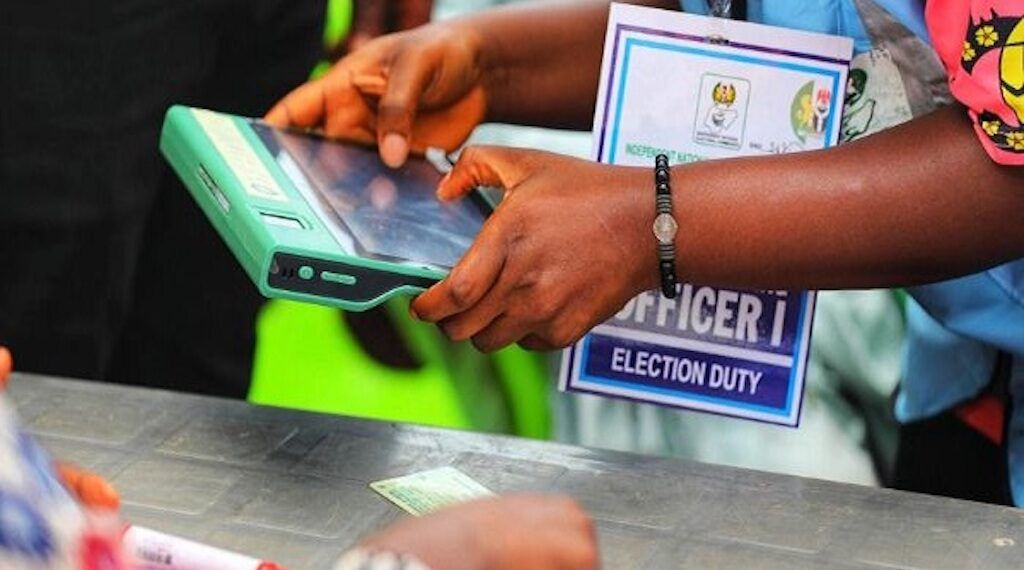Nigeria's electoral tech failure raises questions on transparency
Despite INEC's assurances to enhance Nigeria's electoral technology, its continued failure is eroding voter confidence.

The Nigerian electoral law underwent a revision last year, permitting the utilisation of electronic devices such as smart card readers, electronic voting machines, and other technological tools in both voter accreditation and the overall election proceedings.
The Independent National Electoral Commission (INEC) created the INEC Voter Enrollment Device (IVED), Bimodal Voter Accreditation System (BVAS), and INEC Election Result Viewing Portal (IReV) to facilitate the execution of elections, particularly the general elections conducted earlier this year.
Before the elections, Paul James, who serves as Head of Elections Projects at Yiaga Africa told Bendada.com that the technologies will bring “sanity to Nigeria’s electoral process”. “Every technology comes with its challenges which sometimes include human errors. However, the good will outweigh the challenges,” he said.
Mahmood Yakubu, the INEC chairman, assured the about 95 million registered voters in the nation that the technologies would not experience failures. Nonetheless, on election days, the electoral body attributed the voting process delays and result uploading challenges to technical glitches and internet connectivity issues.
Prior to the 2023 general elections, INEC employed its technologies for bye and run-off elections in Anambra and Delta, encountering comparable challenges. However, Yakubu stated during a pre-election event at Chatham House that his team had identified solutions to address these issues.
However, last Saturday's off-cycle elections in Kogi, Imo, and Bayelsa have brought the technologies under the spotlight for the same reasons again. Several media reports have alleged noticeable disparities in the Kogi gubernatorial election figures posted on the IReV portal.
However, INEC has come out to deny the allegations. According to Mohammed Haruna, INEC national commissioner and member of the Information and Voter Education Committee, “These reports are unfounded. For the avoidance of doubt, the most accurate and up-to-date Voters’ Accreditation Data is available in the BVAS, which is used for the authentication and accreditation of registered voters at various polling units on election day.”
Haruna blamed poor internet connectivity for the disparities. “When its application is active or in use, depending on the strength of its connection to the internet, the BVAS automatically exports the accreditation data to the Accreditation Backend System (ABS),” he said. “This exportation of data does not happen when the device’s application is inactive or when the internet connectivity is poor.”
Upon the declaration of Bola Tinubu as Nigeria's president during the last general election, only around 45.19% of the total results had been posted on the IReV, the portal to offer the public access to view Polling Unit results.
“Technology alone is not a guarantee of credibility and security. It’s also a new frontier for election fraud,” according to Nnenna Ifeanyi-Ajufo and Leena Koni Hoffmann, associate fellows at Chatham House’s Africa programme.






